Radio Daze

When I look back at the few years I earned a living by writing radio scripts, it feels like another journey in another world. We wrote in quarter hour blocks for serials, either family shows or thrillers that ran on radio from Monday to Thursday, the family shows mainly daytime and the thrillers broadcast at night. We had no real Writers Guild, hence no-one to advise us that when we were paid in cash and signed a receipt for it, that we were selling all our rights in perpetuity, and when our work was sold overseas in the rest of the world, as it frequently was, no payment ever accrued to us the originators. I think I can accurately say, those who produced radio became wealthy, but no writer for radio ever got near to becoming rich.
At the age of twenty I’d just left the army, and after a year with the forces broadcasting unit in Japan, was back in Sydney trying to start life again as a writer. In those days, the choices were very limited. Television was nine years away, and as a tyro there seemed no real chance of having a novel published or a stage play performed. The only options for a young unknown were short stories or radio scripts. The short stories were published in the afternoon newspapers, and paid the princely sum of two guineas for a thousand word story. I had about five short stories published, but since the basic wage was about three times this fee, I decided radio scripts were the only way to survive in the seedy room I rented in Kings Cross.
It took me about a year to get work, and in-between I sorted Christmas mail at the GPO, and did temporary jobs. Then a friend was going abroad, and asked me to ghost-write a serial he’d been writing for a few years. ‘It’s called The Golden Colt,” he said, “do you know much about horse racing?” “Heaps,” I said, knowing almost nothing, so he went off to Europe and I spent the next six months “ghosting” his serial, which paid the rent. Then I came up with an idea of my own called “Two Stars and a Story”, a fifteen minute playlet with only two actors and a twist ending. The production company loved it having to pay only two actors, plus a narrator to introduce it. As I wrote his introduction, it also named me as the writer. In those days hardly anyone got a credit, but I cheekily got away with it. I wrote 52 episodes, and being credited began to bring me other work. The trouble with radio at the time was that the pay was so appalling that success was measured more by quantity than quality. One of the most successful writers, Maurice Francis, wrote six different serials each week. He never got rich, but he earned more than the rest of us because nobody could match his output, which was achieved by dictating his scripts to stenographers. They lined up, one after another to take dictation from Maurice who rattled off his thriller serials, as he switched from one set of characters and story to the next, the most famous of these being a detective called “First Light Fraser”.
My weekly output was far less than this. Sitting in my study, working on a portable typewriter— I’d graduated by now to a rented house, my girlfriend had become my wife and we had our first child, a daughter—I began to feel I was writing too much. At the Film and Sound Archive in Canberra there is a long list of the material I wrote, at one time working on a thriller series called “Address Unknown”, as well as a courtroom drama series “For The Defence”, (half hour dramas), and “The Golden Cobweb” which was broadcast in four quarter hour episodes a week. Between 1948 and 1956 I wrote shows called “The Drama of Medicine”, “Famous Trials,” “Medical File”, and there were others like an adaptation of Nevil Schute’s “The Far Country”, which I also adapted years later for television. In addition I originated lots of shows for companies like Grace Gibson Productions.
It was eight years of long stressful hours that began to feel too much like hack work. I turned down quite a lot that was offered because of this feeling, and when television was on the doorstep I suggested to my wife that we take a gamble and go to England. Television was clearly going to swamp radio, but it was a major gamble, because we had two small children by then, our daughter now aged five and a two-year-old son. There was something else we did not reveal to friends and family; that we had enough money to get to Britain, but no return fare. And after non-stop radio scripts for eight years, I had to turn around and learn how to write for the screen. I soon discovered they were very different kinds of writing. So much so that when BBC radio wanted to broadcast some of my television plays, I had to ask them to find another writer to do the adaptation. I’d lost the knack of writing for radio.


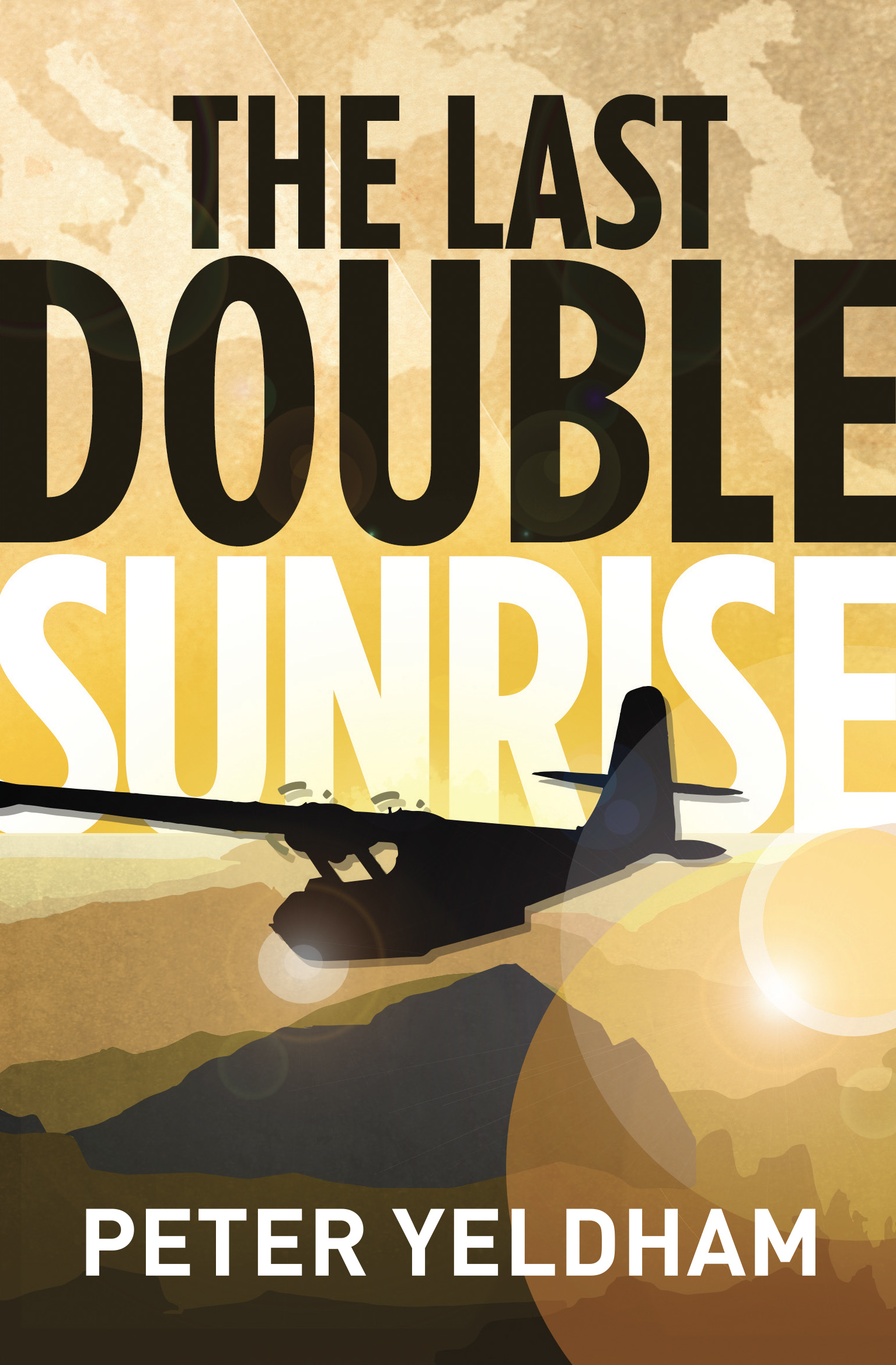
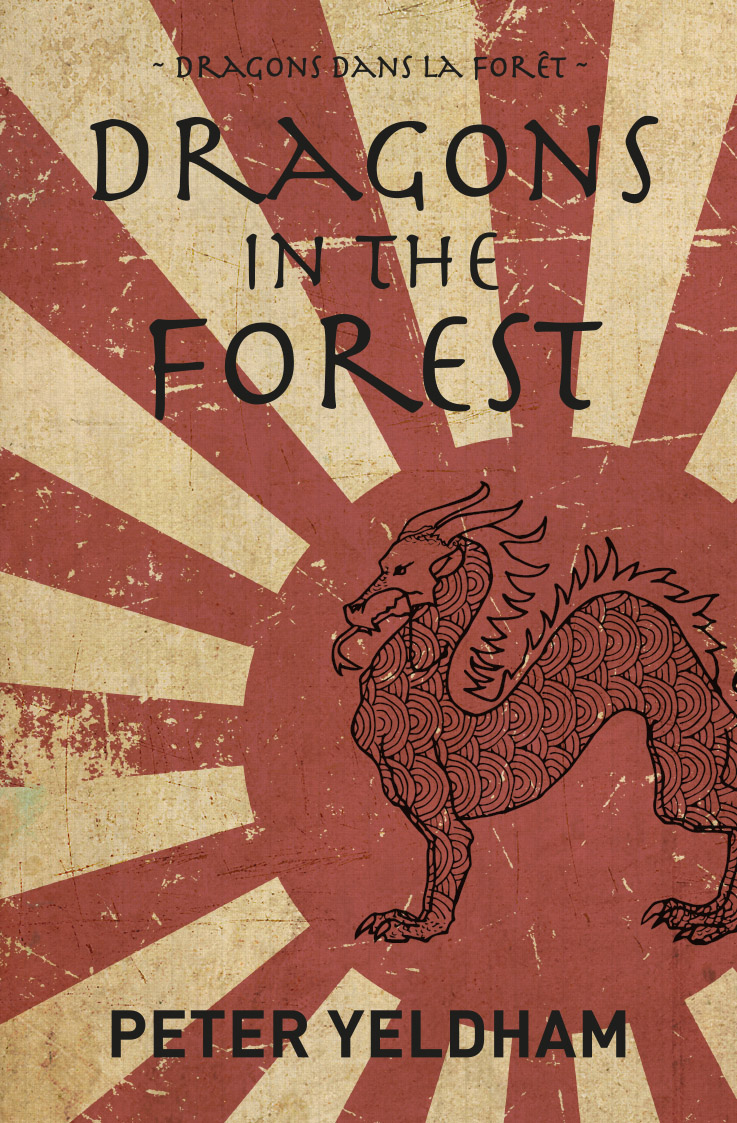
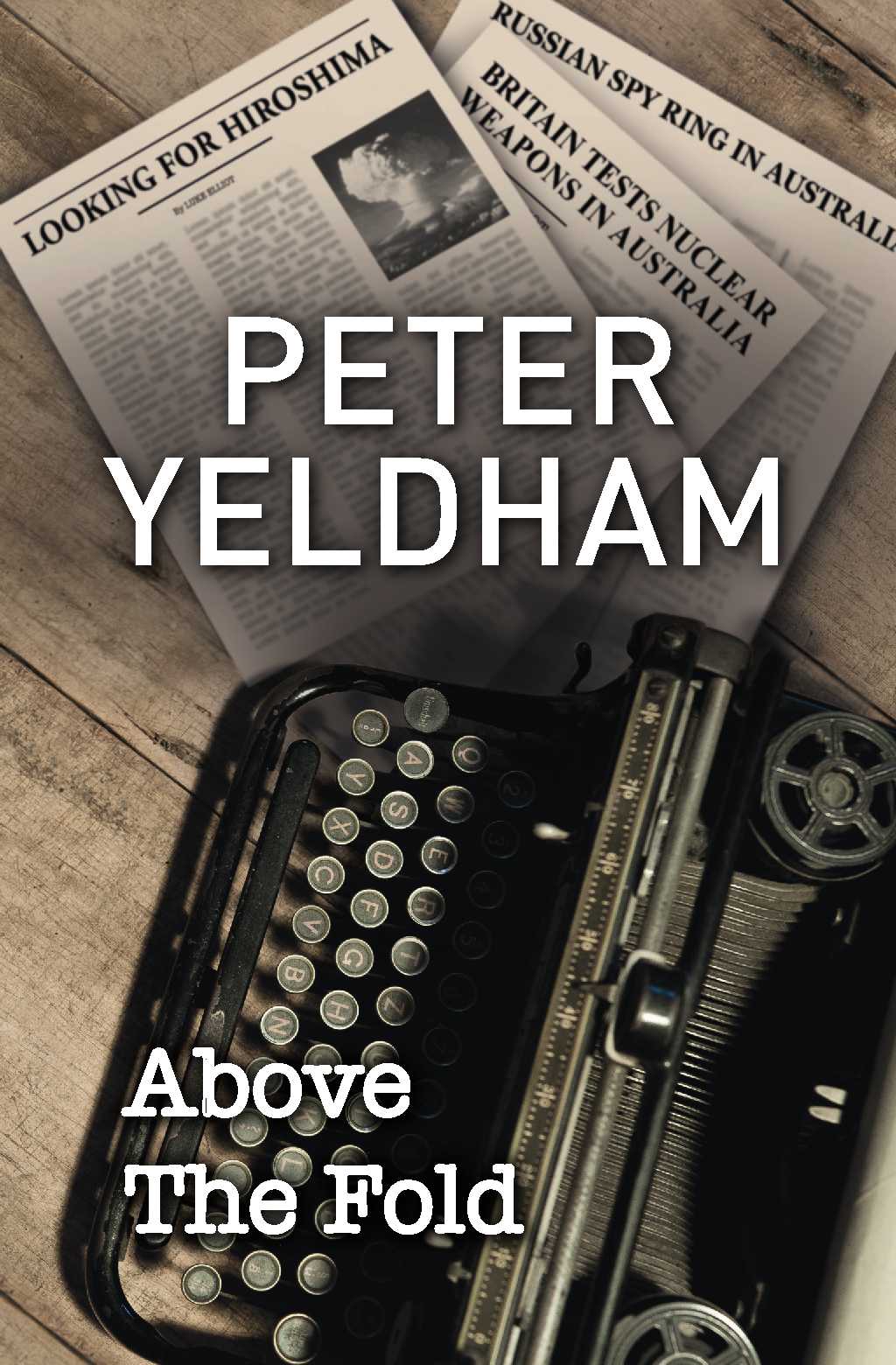
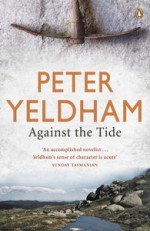
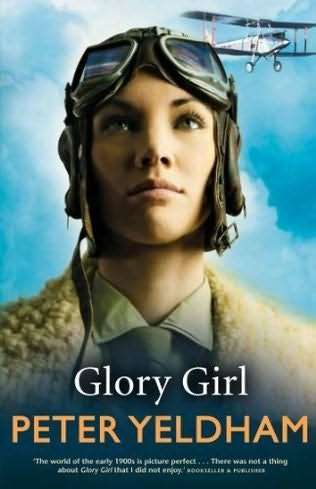

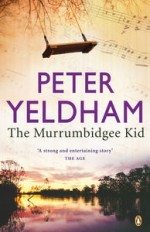

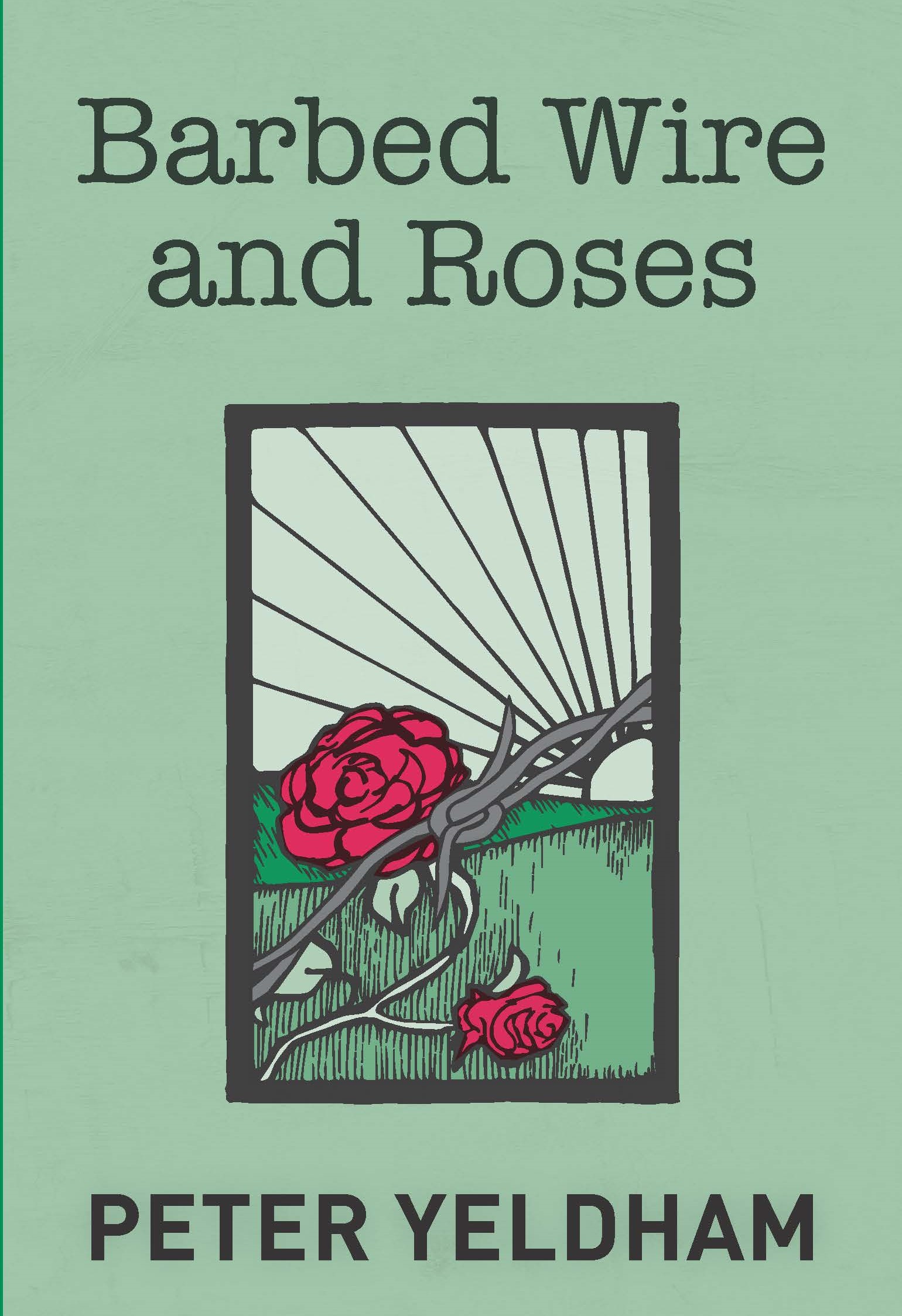
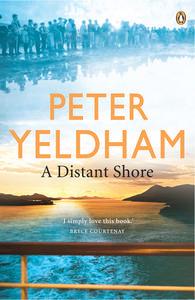
Sorry, comments are closed for this post.